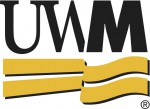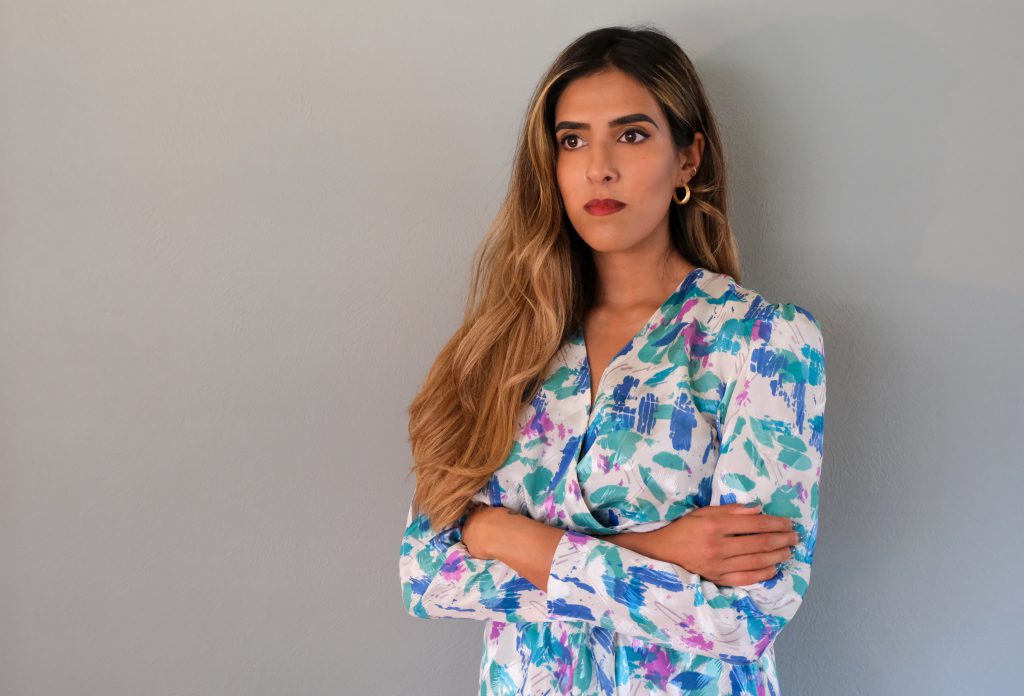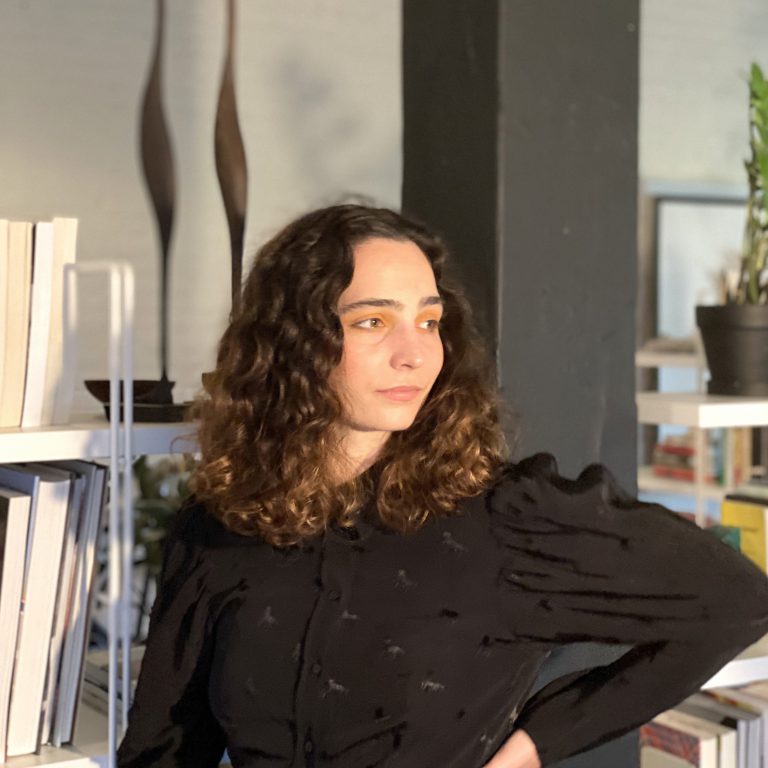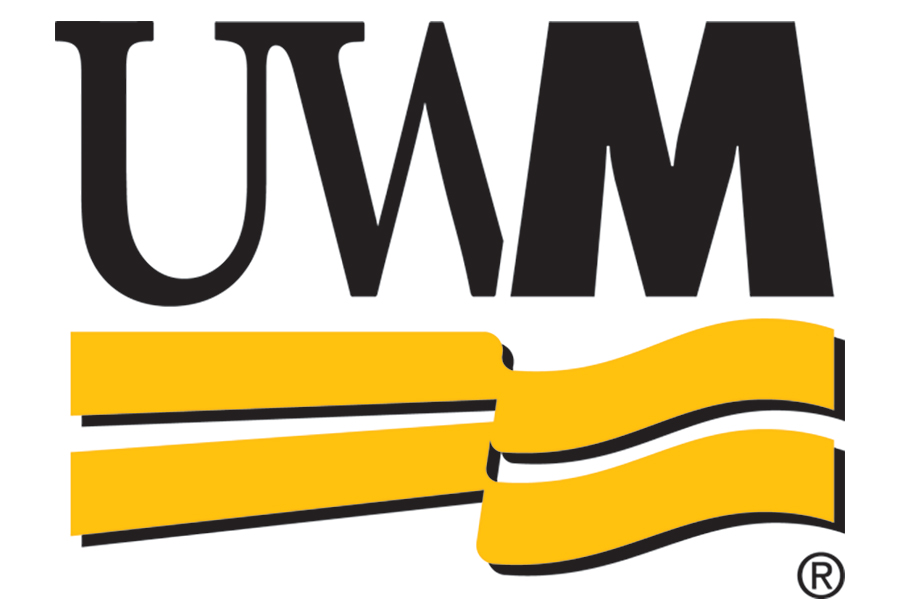UW-Milwaukee School of Architecture and Urban Planning Welcomes Sarah Aziz and Lindsey Krug as 2020-21 Fitzhugh Scott Fellows
MILWAUKEE – The University of Wisconsin-Milwaukee’s School of Architecture and Urban Planning has named the Fitzhugh Scott teaching fellows for the 2020-21 academic year. Joining the faculty are Sarah Aziz as the Fitzhugh Scott Innovation in Design Fellow and Lindsey Krug as the Fitzhugh Scott Advancing Contemporary Theories Fellow.
“The role of the Fitzhugh Scott fellowships is to promote and provoke more risk-taking in our students, broaden their intellectual curiosity and activate our building and our virtual environment,” said Mo Zell, professor and chair of the architecture department. “We are thrilled to welcome Sarah Aziz and Lindsey Krug into our architecture community.”
FITZHUGH SCOTT INNOVATION IN DESIGN FELLOW
Sarah Aziz joins UWM’s School of Architecture and Urban Planning from Texas Tech University, where she was a visiting assistant professor of architecture. She holds a bachelor’s degree in architecture from Liverpool John Moores University and a master’s in architecture from the School of the Art Institute of Chicago.
Aziz’s work explores ways of circumventing existing, ineffective modes of information distribution and cultural production through fringe research and the creation of temporary discursive spaces, and includes her directorship of MOOCH Series, exhibitions in Tokyo, London, and Chicago, and a MacDowell Colony Fellowship.
At UWM, this work will include a seminar on “Wisconsin Wastelands,” which requires students to embed themselves in some of Wisconsin’s most inhospitable landscapes. Keeping social distancing in mind, students will observe and have conversations with local residents. They will design and build an armature that will allow them to live comfortably in their chosen “wasteland,” without causing any harm to themselves or their respective sites, for a month.
“By being forced to step unflinchingly into hostile landscapes and initiate robust, and often difficult, dialogues about various environmental and societal issues, students will develop the vocabulary and tools to share insights and ideas with people from both inside and outside the discipline and learn to design in a more collaborative, resilient and responsive way,” Aziz said.
Public health dialogue in 2020 has reinforced Aziz’s career-long interests in discursive spaces that bring together groups of people from diverse backgrounds.
“As an educator and a citizen of the world, I’m always interested in engaging multidisciplinary partners to discover relevant and meaningful ways of cultivating community and making site-specific architectural interventions in cooperation with the people who use them,” Aziz said. Facilitation and documentation of these moments – from Walmart parking lot survivalism workshops to pirate radio station installations – is a practice she will encourage among her students.
“We’re seeing the creation of alternative, ephemeral spaces that communities use for informal conversations in both the physical and digital realms,” she said. “I think that this period of sequestration, due to COVID, might give us more empathy to use and misuse these spaces to have vital conversations.”
“Sarah’s research reinterprets more traditional community engagement and installation practices through hacking and low-tech production,” Zell said. “We are excited to see how she disrupts this practice with our students and faculty.”
FITZHUGH SCOTT ADVANCING CONTEMPORARY THEORIES FELLOW
Lindsey Krug comes to UWM from Chicago, where she is a designer and researcher. Krug holds a bachelor’s degree from the University of Pennsylvania and a master’s degree in architecture from the Harvard University Graduate School of Design. Krug previously practiced at WOJR, SITU Research, ODA and Studio Gang Architects. Her recent project, “Women Offer You Things,” was exhibited at the Guggenheim New York as part of the “Countryside, The Future” exhibition curated by OMA/AMO.
Krug’s work focuses on the architectural user – the body – and is an examination of how design solidifies and reinforces hierarchies, inequities and taboos into built form, creating the material backdrop for our collective bodily and cultural consciousnesses.
“Lindsey’s work highlights inequalities within the built environment,” said Zell, “raising questions about the relationship between our bodies and democracy.”
Students will cast a wide net for source material – legal documents, zoning overlays, pop culture artifacts – “in order to explore the different means and methods design has used to document, represent, accommodate and influence bodies, inevitably inequitably,” Krug said.
By lettting students do the sleuthing and research with room to meander according to their intuitions, “they can find their own lane, as designers, thinkers and inhabitants of our built world,” she added.
While accessing some inputs for their design projects may require digging around in archives, Internet holes and possible dead ends, others can be found in plain sight.
“We are seeing a national reckoning with our histories and policies as the COVID-19 pandemic evolves and racial injustices are made more and more visible,” Krug said. “Architecture, too, has much work to do in addressing its role in the inequitable positioning of bodies. I want students to feel empowered to foreground current concerns from beyond the classroom and to find ways to bring those into the discourse, if they so choose. Design is not done in a vacuum.”
The hybrid teaching environment that COVID-19 precautions demand for the upcoming academic year may even complement Krug’s teaching as student designers look to their home studios and to the Internet for architectural resources and artifacts.
“I am wary of design practice that emphasizes learning canonical references and methodologies as a rite of passage. Instead I’m excited by a counter-canonical approach understanding that each student is already equipped with a set of tools and experiences,” Krug said.
NOTE: This press release was submitted to Urban Milwaukee and was not written by an Urban Milwaukee writer. While it is believed to be reliable, Urban Milwaukee does not guarantee its accuracy or completeness.






















